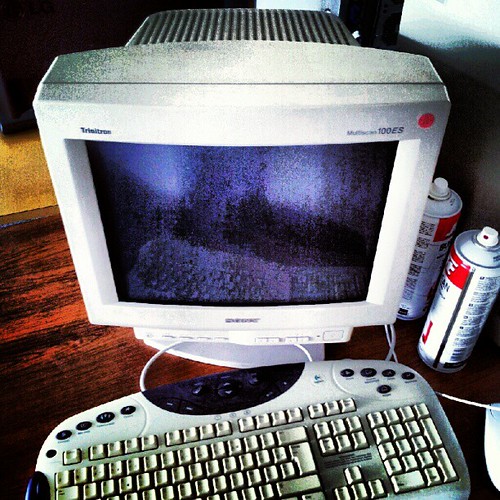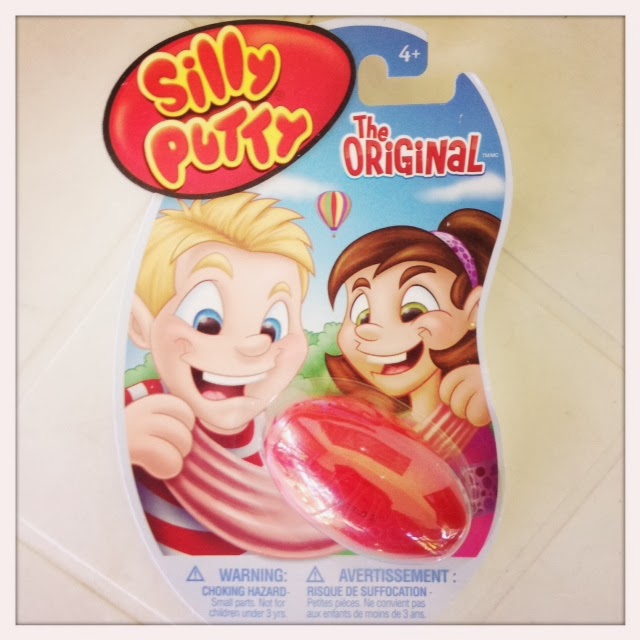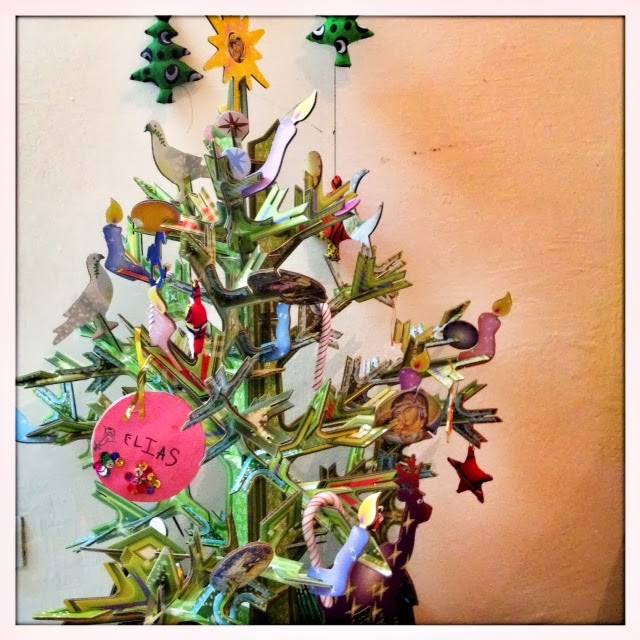I don't know if it makes me a pessimist or an optimist, but I've convinced myself Christmas in Kinshasa is where we need to be. We stayed in Congo last year and it was fun having our own holiday in our own house with 99% humidity outside. And Adam's mom visited so we had a little piece of home.
Going back to the States means jet lagging babies, lost routines and lots of sugar. At least this is what I repeat to myself to get pumped about staying. Oh, and it also costs about $8,000 to get all 4 of us home these days. Yeah, there's that. Adam even made me confirm that our Flying Blue accounts did not in fact have the million frequent flyer miles it would take to get us home. To compromise, I suggested he pick his favorite child and go back to the States. I'd stay here with the picked-over kid. He actually considered this scenario for a bit.
.jpg) |
| Alone in Cairo. Christmas Day 2008. |
So his sadness persists. He floats in the deep end of the pool staring into the abyss while the rest of our friends drink cocktails in the shallow end and ask, "Who killed his puppy? Is he going to be okay?" In the evenings he plays Christmas carols on his guitar in the tempo of sad. And yesterday when we got home from school I said to the girls. "Hey! We missed you two today!" Then Charlotte said, "No. Papa only misses great-grandma."
This is what it's come to.
When I see him chatting with anyone else who I know is also in a Christmas depression, I have to strategically extricate him from the conversation before he gets pulled down further into his candy cane spiral of sadness. I reminded him that Jill's parents are coming and won't that feel a little like home? No, he says, that will just make it worse. Because he'll just have to see their rosy cheeks from winter and they'll probably still smell like Christmas in Virginia or something. Who knows what he's thinking.
He's decided that this year, it simply isn't Christmas if he's not at home. But Adam, do you remember our first Christmas abroad when we were in Cairo? Our German neighbors asked us to care for their Guinea Pig. (Because when you stay you become the James Herriott of everyone's left behind pets.) Remember how we spent Christmas Day running all over their apartment laughing and trying to catch their loose Guinea Pig? C'mon, Adam. How many people can say they spent Christmas in Cairo chasing a German's rodent? That was a good one.
Plus, Christmas in Kinshasa is amazing! We have our fake tree decorated with castoff ornaments left behind by friends who have moved away. Seriously guys, who left us the Bush administration ornament and the disembodied Santa?
We have our advent paper chain hung with care on our dead-bug, light bulb blown-out, spider-webbed chandelier. Which for Adam is just a mess of paper circles counting the days of despair.
 |
| Fake smile. |
And driving around Kinshasa to Christmas music is incredible. Last weekend someone left their Christmas mix CD in the teacher's shared car. As soon as it started playing, I went to eject because it's important for Adam to drive around this city with eyes unobstructed by tears. But we let the music play and it was the most bizarrly, surreal experience listening to Mariah Carey's All I Want for Christmas while dodging potholes and pedestrians. He won't admit it, but it made him happy and it was almost okay for the street kids to bang on our windows.
In fact I think, I think, the cloud might be lifting. Even though he's vowed to be sad until Christmas is over, this morning when he was staring into the abyss (his favorite focal point these days) he said he wanted to plan a Christmas eve brunch. So he will invite the hodgepodge of characters left in town and we'll play Do They Know It's Christmas? Because wasn't that song written for expats in Africa missing the snow? Then I will slip a Valium in his mulled wine and everything will be okay.
It will either be the best happy-pill induced Christmas he's ever had or he will pass out until the 26th. There's always next year.




















.jpg)















